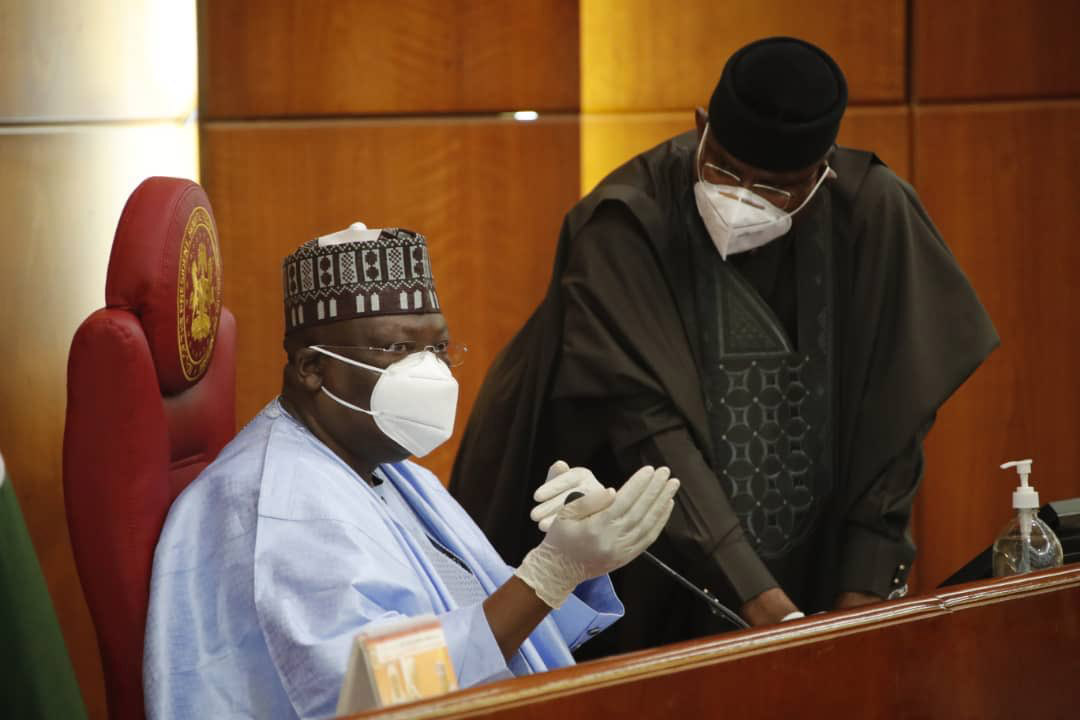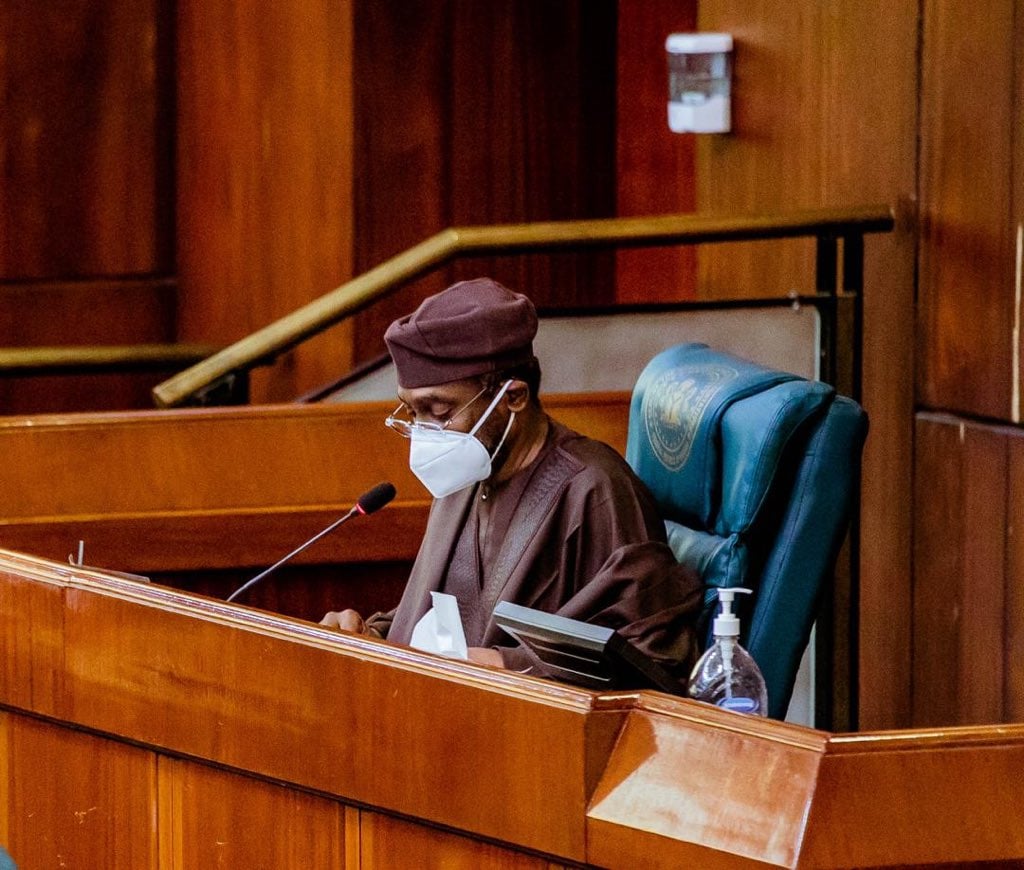Stakeholders in the oil and gas sector have said that previous bid rounds in Nigeria’s marginal oil fields revealed a sharp decline in interest from serious investors, both local and foreign.
They, therefore, recommended that terms governing licensing round must be open and transparent, saying this will boost investors confidence.
This was part of resolutions reached at the end of a one-day workshop on improving transparency in the oil licensing process organised by a coalition of civil society organisations and the media.
The resolution was contained in a communique issued at the end of the virtual workshop.
Advertisement
The communique was jointly signed by Peter Egbule for Coalition of Civil Society Organisations and Bassey Udo, Media Initiative on Transparency in Extractive Industries.
The workshop also recommended that for the purpose of transparency, oversight of bidding processes should be provided by the national assembly, auditing by the Nigeria Extractives Industry Transparency Initiative (NEITI), and continuous monitoring before, during and after the bid process by civil society organisations and the media.
The stakeholders during the workshop raised concerns that Nigeria’s daily oil production has consistently declined from about 2.3 million barrels per day in 2014 to 1.6 million barrels per day in 2019.
Advertisement
“In 2005, only 57 percent of the oil blocks offered for auction secured at least one bid. The number dropped to 40 percent by 2007. Many of the serious investors were concerned about the law regulating operations in the oil industry. They complained that the legal framework cedes too much powers to the Minister of Petroleum Resources to award or revoke licenses based on his or her discretion,” the communique read.
They proffered various recommendations to help improve the chances of Nigeria delivering the next oil licensing bid round that will not only meet globally acceptable standards, but also realize set national objectives to increase oil revenues, boost proven national oil reserves, and raise the country’s daily oil production capacity.
Others include a national data repository to be used as the single source of verified data open to all parties in the bid; Widely published information on the value of assets to be included in the basket of assets to be put on offer, to eliminate arbitrage opportunities resulting from information asymmetry. `tr5n
Advertisement
Add a comment





